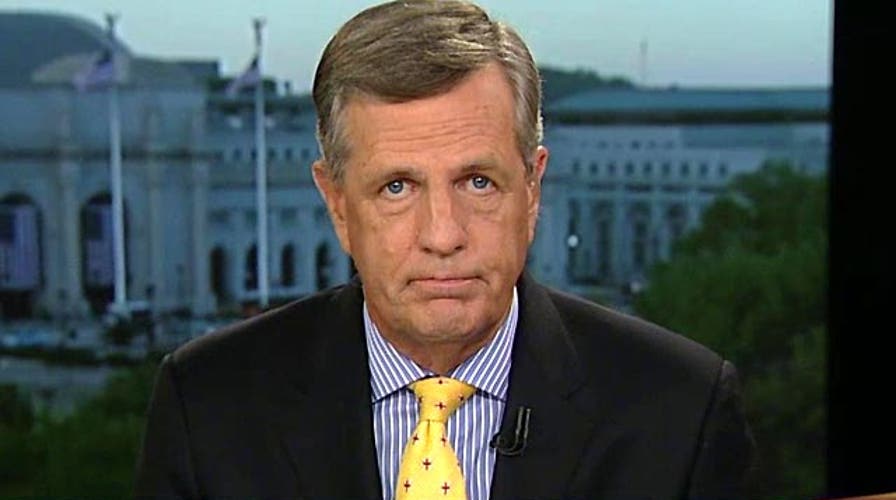Hume: WH 'defining enemies as narrowly as possible'
Strategy to ward off calls for more aggressive action
One way the Obama administration and its defenders have warded off calls for more aggressive action in this increasingly messy and dangerous world is by defining enemies as narrowly as possible. Thus, Al Qaeda became not a growing extremist movement but a much smaller entity known as "core Al Qaeda." Once Usama bin Laden had been killed, Al Qaeda was considered basically defeated, or "decimated," as some liked to say.
Al Qaeda offshoots and affiliates might be attacked with an occasional drone strike, but were otherwise treated as secondary threats. The president's dismissal of ISIS, formerly known as Al Qaeda in Iraq, as a junior varsity operation is the best example. But you can hear echoes of the same thinking from defenders of the president's hesitancy to act aggressively in other areas.
Intervention in Ukraine, even as indirect as sending weapons, is resisted on the basis that the bites Vladimir Putin is taking out of Ukraine are no threat to the U.S. homeland. The lack of urgency about a strategy to defeat ISIS in Syria is defended on the same basis.
The president is evidently determined not to do anything stupid about these current crises. By stupid, he particularly means waging war. And his backers cite polls showing the public doesn't think much of the idea of war. Which raises this question -- with the commander in chief downplaying the threats, why would people think anything else?

